1The Colorado Plateau
There is nothing anywhere I know like the desert southwest in the United States. The coarse grainy sand gets in your shoes; once there it works its way into your soul. You can never get that grit out of your system. I miss it whenever I see pictures of some of my friends’ river trips bringing back memories in waves. Every summer (and some winters) folks I know, many I worked with decades ago, post photos of their Grand Canyon River trip. Or photos of the Green River, the San Juan, the Snake and even the Rio Grande. The highways of white water heroes, bawdy boatwomen and beer at 9 o’clock in the morning when the temperature is already 90 degrees. It seems like half the people I know have floated the Grand Canyon.
The Park Service runs a lottery each year for private Grand Canyon river permits and the chance of getting one in the warmer summer months is two or three out of every hundred applications. I won a Grand Canyon permit once, but life got in the way. Sometimes now I laugh at the irony of knowing so many people who have made that trip, often multiple times, yet I never got there. Even my wife Jeanne has floated the Grand, but life is funny that way. I have too much to be thankful for to really complain, but it remains a hole in the bottom of my bucket list.
My first big river trips on the Salmon River in Idaho back in the 1980’s changed the direction of my life. Those adventures reset my compass and, although it took fifteen years, they drew me West albeit maybe on the wrong side of the Rockies.
Maybe that complaint is just “the grass is always greener on the other side” syndrome, but the Colorado Plateau on the westward side of the Rocky Mountains is a spiritual mecca for many of us who got some of that sand in our shoes and souls. That and the fact that the Front Range of Colorado (the eastern/Denver side) is home to 80% of Colorado’s residents trying to navigate on 25% of the roadways. Blame John Denver.
Colorado National Monument, Rattlesnake Arch, Gateway, Bluff, Moki Dugway, Combs Ridge, Hole-in-the-Rock Road, the Burr Trail, Spooky Gulch and Peek-a-Boo slot canyons, and Kane Creek Trail were sign posts in a life enjoyed by a lucky son-of-a-gun pilgrim. I miss it all terribly at the moment.
I love Portugal, but it will never be home. Most times when I think about it, late at night looking for stars I cannot see or even when absorbing the verdant river valley views of the Portuguese mountains, I realize I never have felt at home anywhere. Maybe it’s the curse of growing up in the urban-suburban sprawl of New Jersey, half-way between NY City and the forever gray skies of Philadelphia, always thinking “there has got to be a better place to live!”
Portugal is an exotic enigma. I’m not complaining about anything in particular, but to just say things are different here is like inadvertently wandering into Jurassic Park and wondering what those strange noises are?
Some of those strange noises are the language itself.2 The Portuguese language is the sixth most commonly spoken in the world (due mostly to colonization rather than user-friendliness) and is unique in its diction. More accurately, anti-diction. The Portuguese conveniently swallow seemingly random vowels, syllables, and smush words together like commuters on a Japanese subway.
It is the official language of nine countries, but only 5% of all Portuguese speakers live in Portugal. I’m not saying the language drove them out, but it makes me wonder if finding a better life meant just plain speaking in another language. I know that’s not fair; every language has it’s idiosyncrasies. But the longest Portuguese word is anticonstitucionalíssimamente, yes 29 letters. Unless you count medical jargon like pneumoultramicroscopicossilicovulcanoconiótico, a real disease. Each Portuguese verb tense has six different conjugations for a variety of pronouns. Until recently, the alphabet only had 23 letters; then in 2009 they “invented” the letters “K,” “W,” and “Y” by decree.
Back to deserts and rivers which may be a strange contradiction in the geography of homesickness. But there exists a strange serendipitous symmetry in those relationships. Like the Yin-Yang connection of the Nile River with the Sahara Desert, and the Amazon River with the Sahara Desert, and … What? Yes, two Continents, a world away from each other are connected by a "river of intermittent dust" stretching for 17,000 kilometers. The Amazon, it seems, depends on the Sahara for its survival. That dust is the link, specifically phosphorous and other nutrients, kicked up by the wind are spread half a world away.
And that logic-defying relationship gives me comfort in another strange irony in my own life. Having worked for a living, paddling on rivers for the formative decade of my life, I find myself living an idyllic life of retirement only a stone’s throw from one of Portugal’s great rivers, the Rio Mondego. The Mondego is the longest river entirely within Portuguese territory. The irony? Torn rotator cuffs in both shoulders; I am unable to paddle a craft across anything longer than a big mud puddle. But I have no complaints here, my waterborne memories run deep and this is another chapter in a life full of good fortune.
I guess Home is Where the Heart is may be a good mantra for a rolling stone who never learned to put down any roots anywhere. But I spent more of my life in Colorado than any other place so I left more foot prints there. No wonder I can still feel that sand ….
My sincere apologies to the spirit of Carson McCullen for embezzling the title of her classic novel. My favorite line? “The heart is a lonely hunter with only one desire! To find some lasting comfort in the arms of another's fire …”
Full disclosure: I have some handicaps/excuses for not learning the language. I donated (unwillingly) some of my hearing acuity to artillery fire in SE Asia fifty years ago. And then there is the fact that I am chronically disorganized, lack any sense of discipline and am intellectually lazy. My wife rounds it all up, affectionately telling me I just don't pay attention to detail. While all those things may be true, I’m not sure I know any more Portuguese than I did two years ago. A linguistic desert of sorts, I guess.

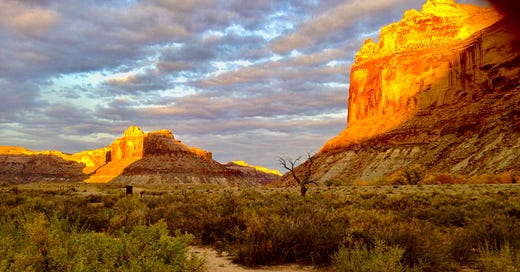



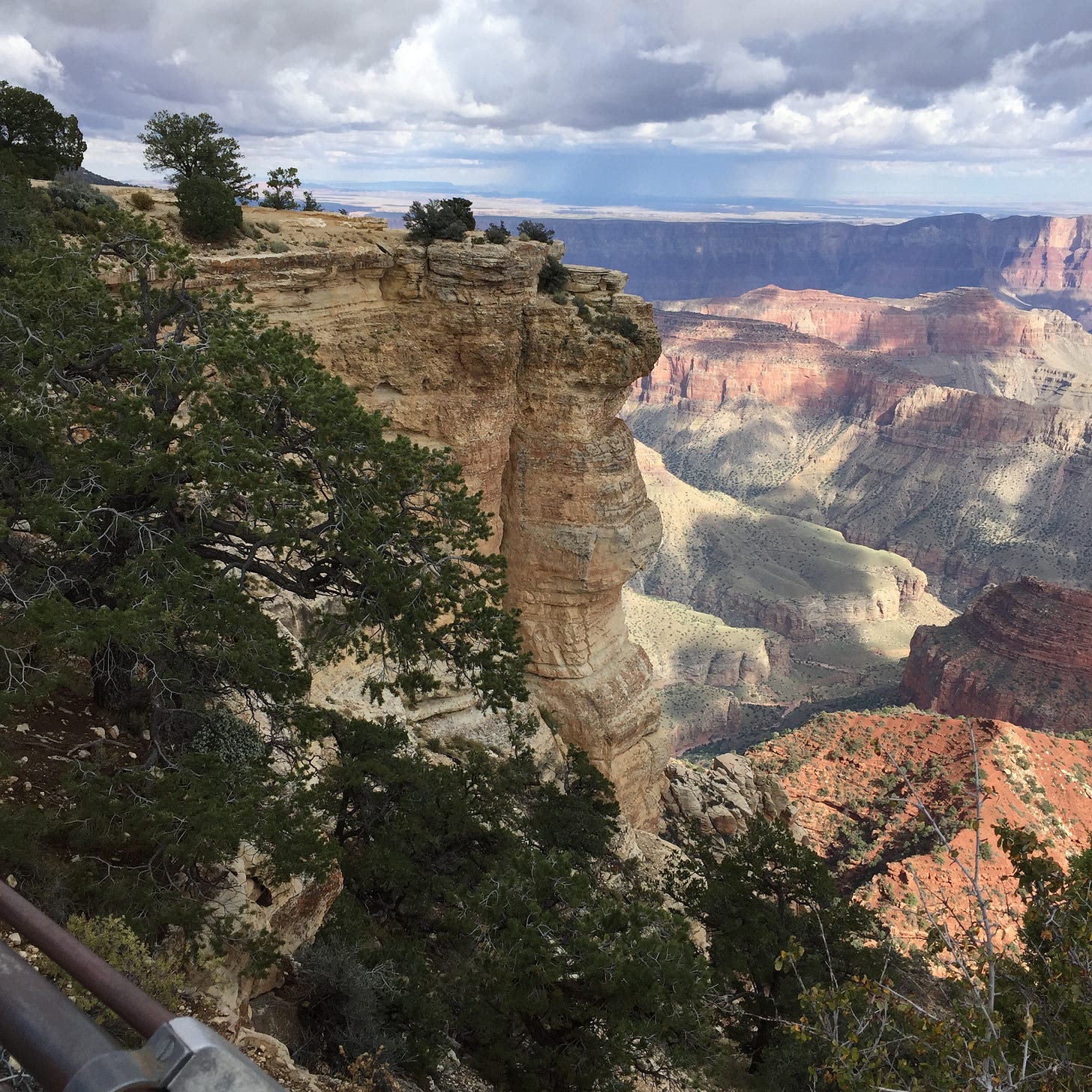
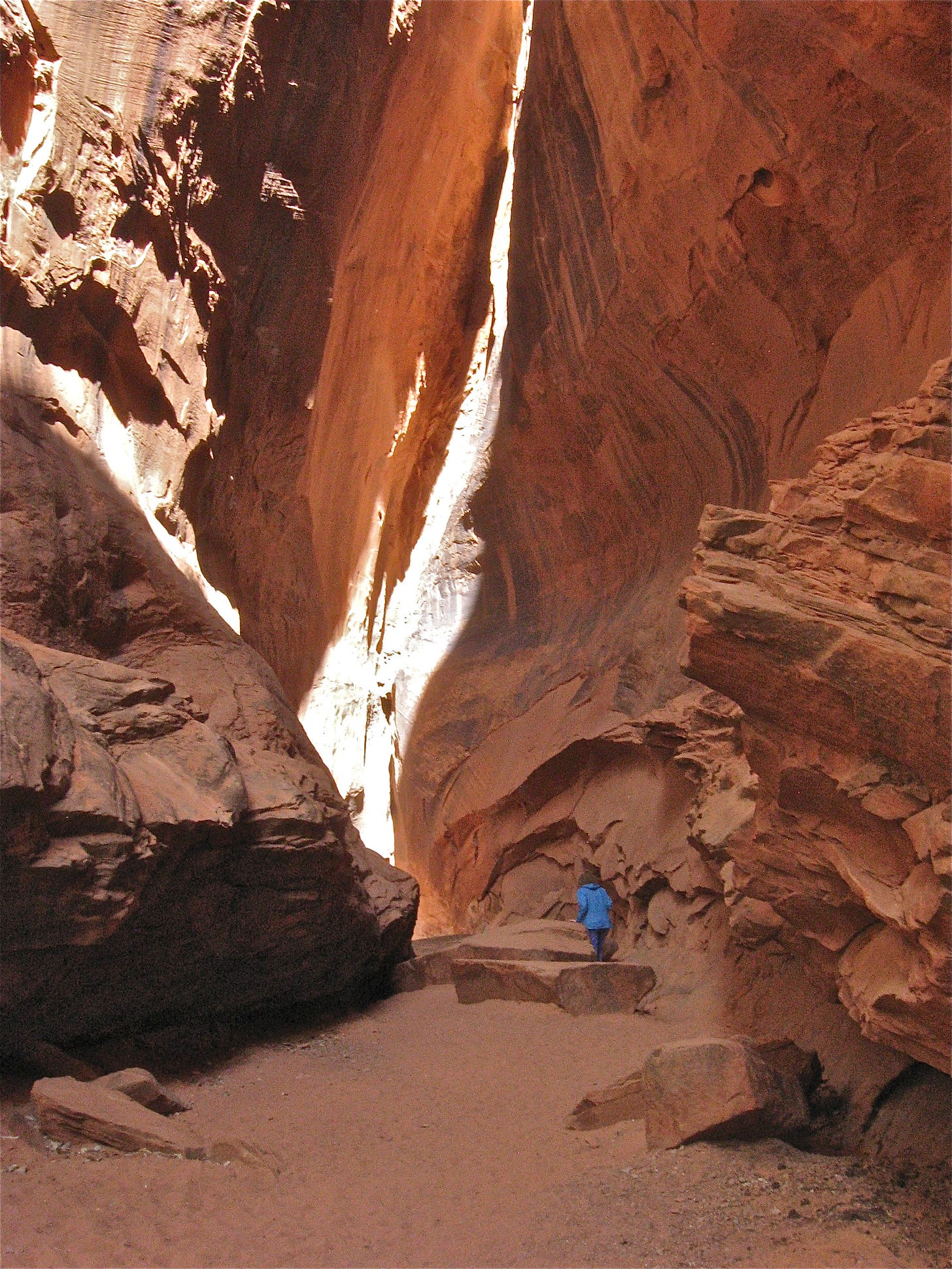
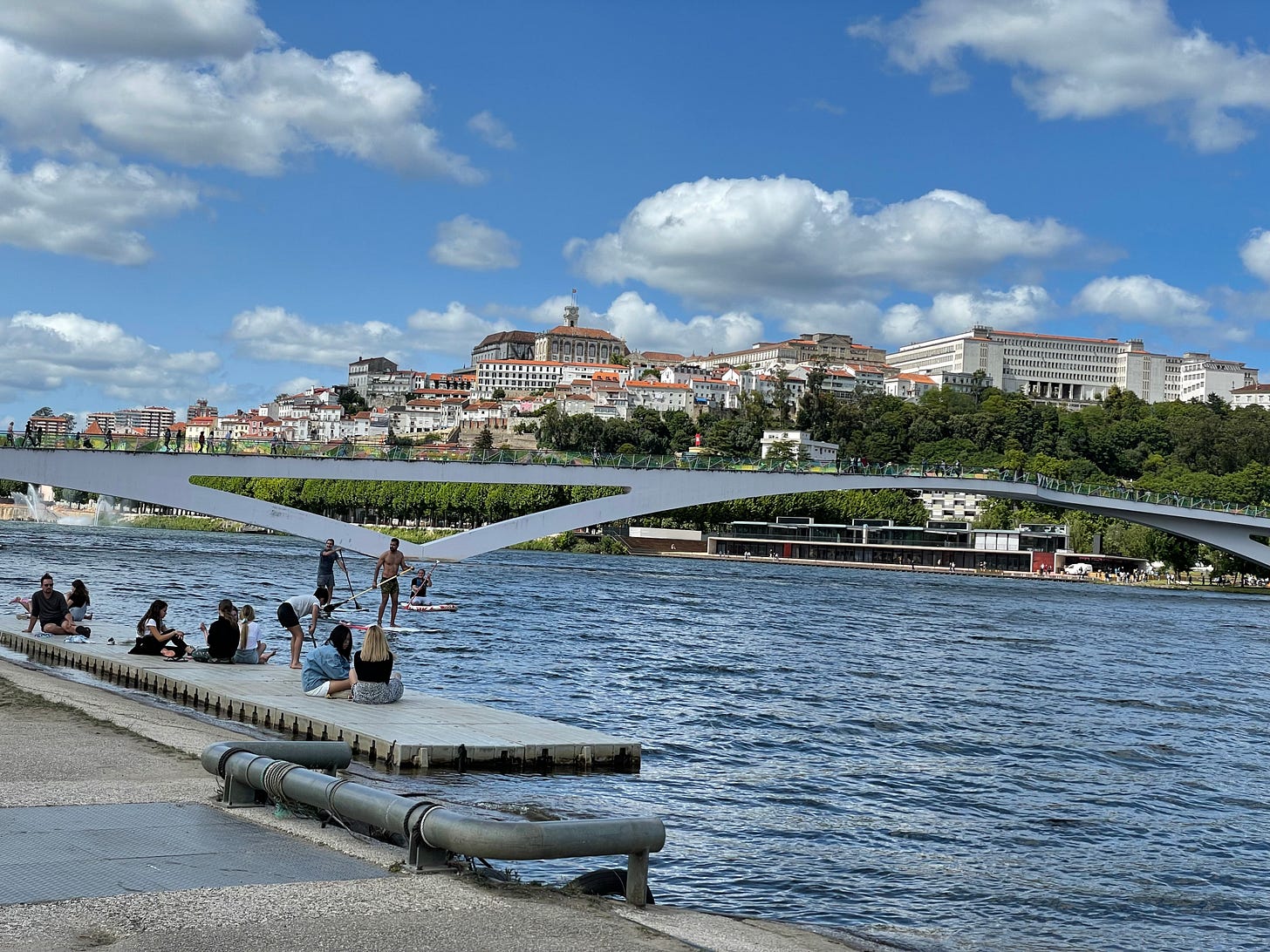
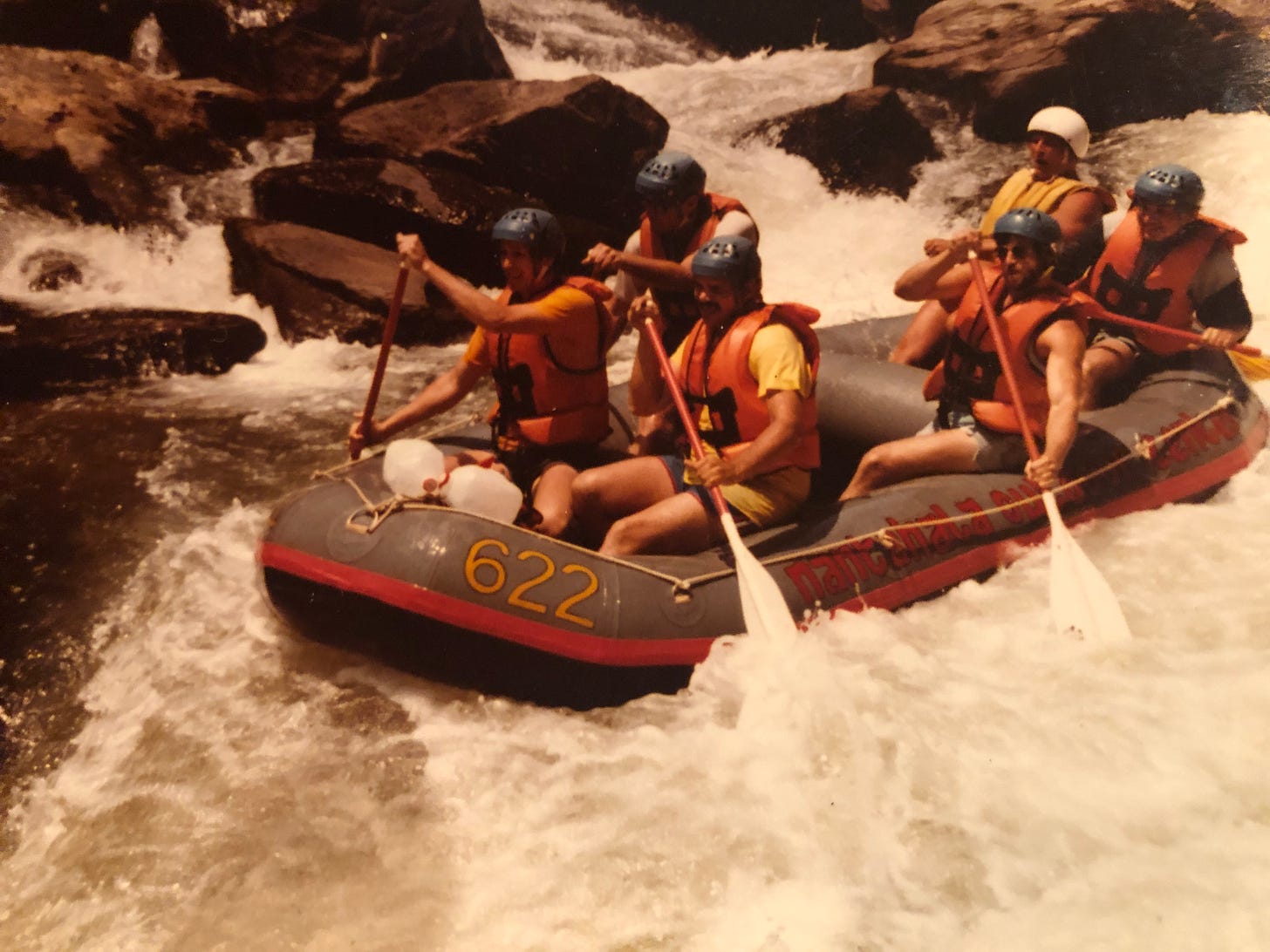
Your writing pulls at my heart as there as many similarities. Maybe it is the fall season that make us reminisce about our wonderful past and our present. Becky
Portugal is mild: mild climate, mild manners, mild landscapes. Gentle. Soft. Comfortable. Looking west, Utah's desert landscapes are stunning, dramatic, intense, and brutal -- and we miss them so much! We join you in some irony about what never was: My first river trip was on the Middle Fork of the Salmon in 1974. Although we never drew a permit for that river since then, we had over a dozen Grand Canyon trips and many other sublime whitewater trips. Letting go of all our gear in the move here was a special kind of grief. Your earlier essay on the decades of your life was a kind of comfort. Keep writing!